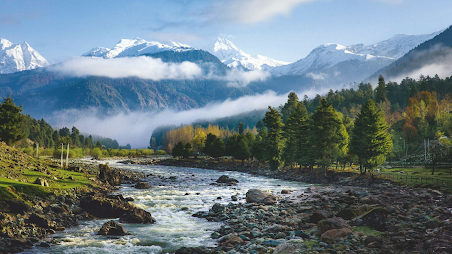-
The economy may finally be turning a corner. Speaking at the ‘Pakistan Conference 2025’ held at Harvard University in the United States, Finance Minister Mohammad Aurangzeb shared some positive updates about the country’s economic recovery. He said that despite past challenges, Pakistan had now reached an important stage where it had managed to stabilise the economy and restart growth.
While the World Bank recently lowered Pakistan’s growth forecast from 2.8 per cent to 2.7pc due to tough economic conditions, the country has made real progress, such as a 60-year low inflation rate of 0.7 pc, foreign exchange reserves that have doubled and a stronger rupee. Pakistan has a current account surplus of more than $1 billion in March 2025 and saw an increase in foreign investment by 44pc and IT exports by 24pc.
For the first time in 24 years, Pakistan registered a fiscal surplus, and remittances were expected to hit $38 billion. Credit rating agency Fitch also improved Pakistan’s rating to a stable outlook with a ‘B’ grade. The debt-to-GDP ratio has dropped from 75pc to 67.2pc and the government hoped to reduce it further. The privatisation of loss-making state institutions could save about 2% of GDP each year.
Looking ahead, the government should be attentive on digital banking, capital markets and green finance. Support from international organisations like the IMF and World Bank for tackling climate-related issues are also crucial.
This is time global investors and thinkers invited to Pakistan be part of Pakistan’s development. The country’s future would be shaped through bold reforms, investment in people, and strong economic planning. This message brings a sense of hope for a better future.

